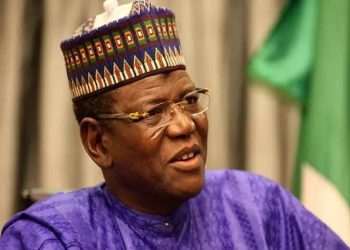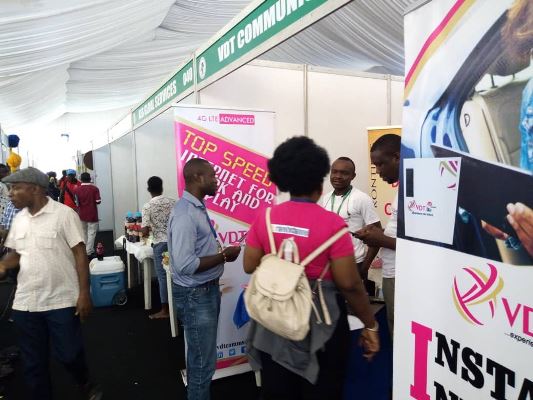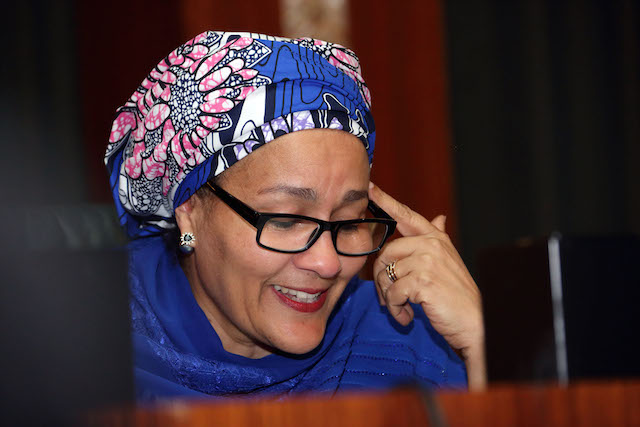
Peace builders, activists, change-makers, and anyone committed to preventing conflict and restoring peace are part of the conversation to drive peace across the globe.
Principles for Peace (P4P) and Peace Direct is organising the two-day conversation on ‘Local Leadership in Peace Processes’ in the middle of October.
The conference holding from October 13 to October 14 is part of a series of consultations exploring local ownership in peace processes.
Peace Direct, a reputable humanitarian organisation, said the current approaches to peace processes view peace primarily as a political process focused on negotiating power-sharing agreements between political elites.
Prioritising short-term political settlements has sometimes come at the expense of long-term sustainable peace, rewarding violent actors, and leaving post-conflicts societies vulnerable to further instability and recurring violence.
Current approaches have sometimes created a dependency on international actors to lead and sustain peace efforts.
A key insight from the first consultation in this series highlighted the need for a fundamental shift in how peace processes are undertaken – one that encourages local responsibility and accountability by placing local leadership at the centre. What this means in practice, however, is not clear and requires further discussion.
To delve further into this issue the October consultation using Platform4Dialogue would enable exchanges on how to effectively engage in responsibility sharing and accountability in peace processes.
Some of the key questions we will be asked include how local leadership look like in practice, how they understand their responsibility in a peace process, and what it mean to be responsible for peace.
Others are which local stakeholders should be responsible for peace processes and how can they be involved in an inclusive manner; and also how peace processes at the local or sub-national level can be better connected to the formal peace processes?
The involvement of international actors, how accountability and mutual learning factor into peace process, is another issue that would be discussed.
“Through this discussion, we hope to learn from practical real-life examples and good practices. We will encourage participants to share their own experiences, practical examples and reference points, where possible.
“As well as the main online text-based discussion, there will also be a supplementary Zoom call (TBD).’’
The Zoom wall will feature members of the International Commission on Inclusive Peace, in conversation with consultation participants on the principle of responsibility sharing. You can express your interest in this additional conversation in the registration form.














